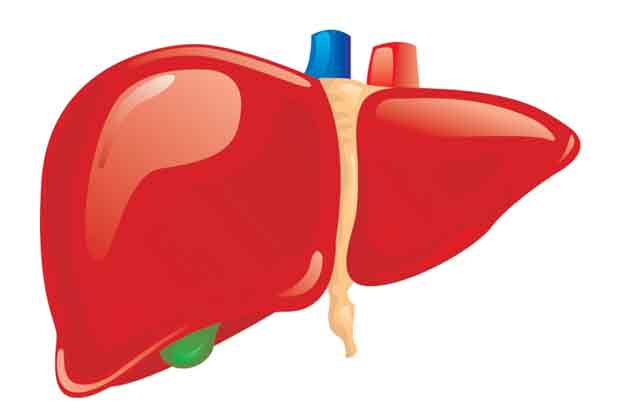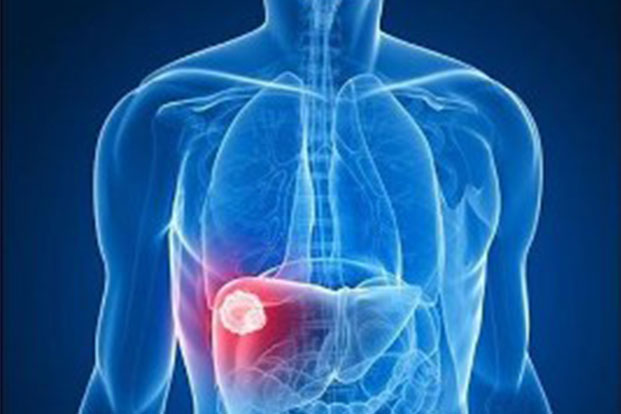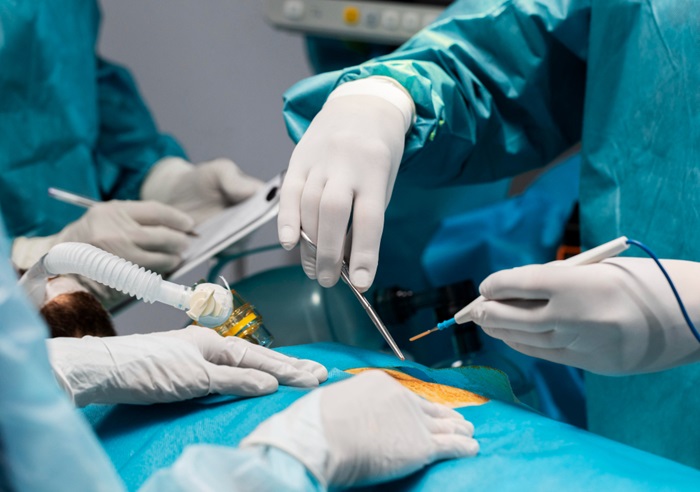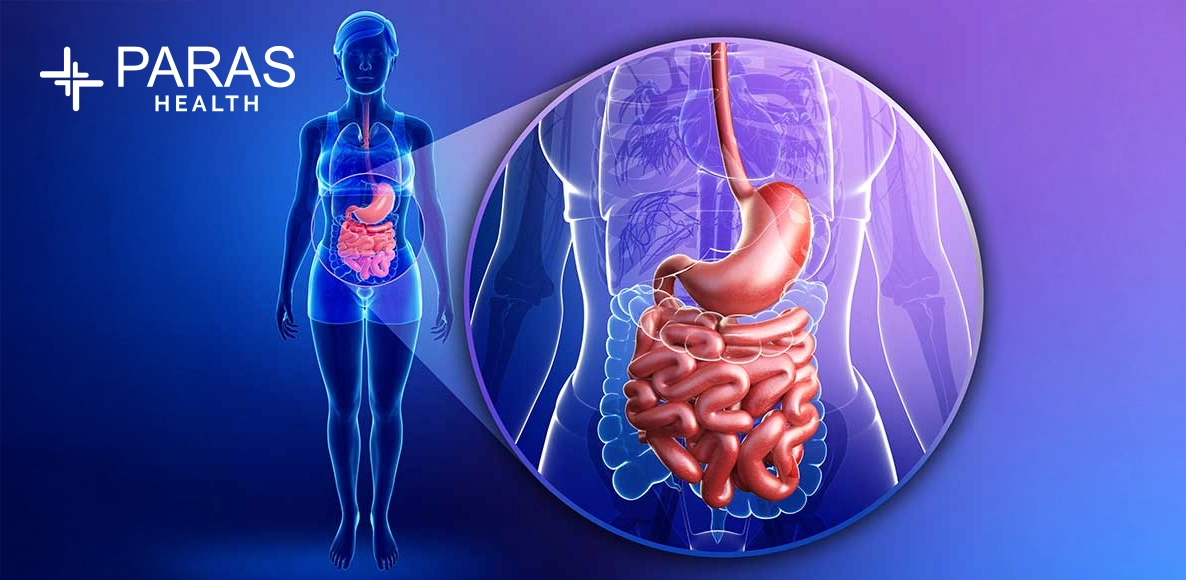What are the most common Liver function tests?

Apr 19, 2022
Most common liver function tests which most of the laboratories perform include total bilirubin, direct bilirubin, enzymes which includes SGOPT, SGPT, Alkaline Phosphatase, Gamma Glut amyl Transaminase, Total Protein and Albumin. Apart from these tests USG abdomen is also needed to rule out structural diseases which cannot be picked by these tests. After these tests, based upon abnormalities and suspicion further tests may be required which include tests for specific infections, lipid profile, autoimmune markers, iron storage status, ceruloplasmin level, urinary copper level, tumor markers, etc and other imaging modalities which includes CT / MRI / MRCP, etc. There are various specific function tests which are also used to measure liver synthetic reserve but they are rarely needed and availability of the same is also an issue. Also if uncertainty persists liver biopsy may be required.

Common Tests to Check Liver Test and their Significance:
- Total And Direct Bilirubin-Bilirubin is a by-product of heme metabolism and liver plays a role in removal of these byproducts after processing. It’s level can increase in any of the following situations like increased breakdown of heme or hemoglobin, uptake of bilirubin and its processing by the liver and excretion through bile duct.
- Enzyme Tests – Various enzymes measures gives us an idea of liver injury or, dysfunction, their increased level does not necessarily indicate damage to the liver but also may be reactionary e.g. raised Alkaline Phosphatase which may be raised in obstructive diseases of bile duct outside liver also.
- Serum Albumin Level – Synthetic capacity of liver is measured by serum albumin level. As albumin is almost exclusively synthesized in liver it mat decrease and indicate decreased liver synthetic capacity. However low albumin also may be due increased loss in urine (kidney diseases) or intestine. Also if supply of nutrients required for synthesis of albumin is low as in cases of malnutrition, its level can be decreased.
- Ultrasound Tests – USG will help in finding structural lesions like tumors, abscesses, fatty infiltration, blockade of biliary channel, cirrhosis and its complications, etc.
Interpretation of these liver test are not as easy as may seem from above description. So we advice that if you are experiencing any abnormality or if any is found in the routine tests, please visit your nearby Gastrenterologist. Also will like to add HBsAg and Anti HCV in routine test as these are tests that can pick up common infections which become symptomatic when they have caused major liver damage. Hence there is a need for screening and treatment in the earliest phase of liver disease and vaccination for Hepatitis B if found negative for the same is recommended.
Save
Save



.png)
.jpg)


